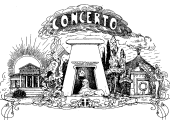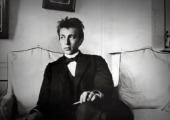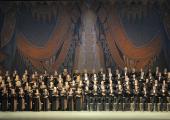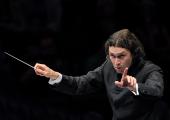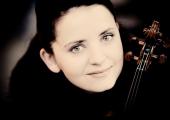Bondarenko, LPO, Jurowski, Royal Festival Hall
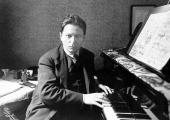
An amazing Enescu symphony tops the bill in an enterprising concert packed with pleasures
The concert season’s title may be Rachmaninoff Inside Out. But the work that dominated and got people talking in yesterday’s instalment of Vladimir Jurowski’s London Philharmonic series was by another composer entirely. “Weird, isn’t it?” said the man in the row behind. And that was only after the first movement of George Enescu’s massive Symphony No. 3, one of the most remarkable effusions by the composer and crack violinist chiefly known for his pair of Romanian Rhapsodies, popular picture postcards.


